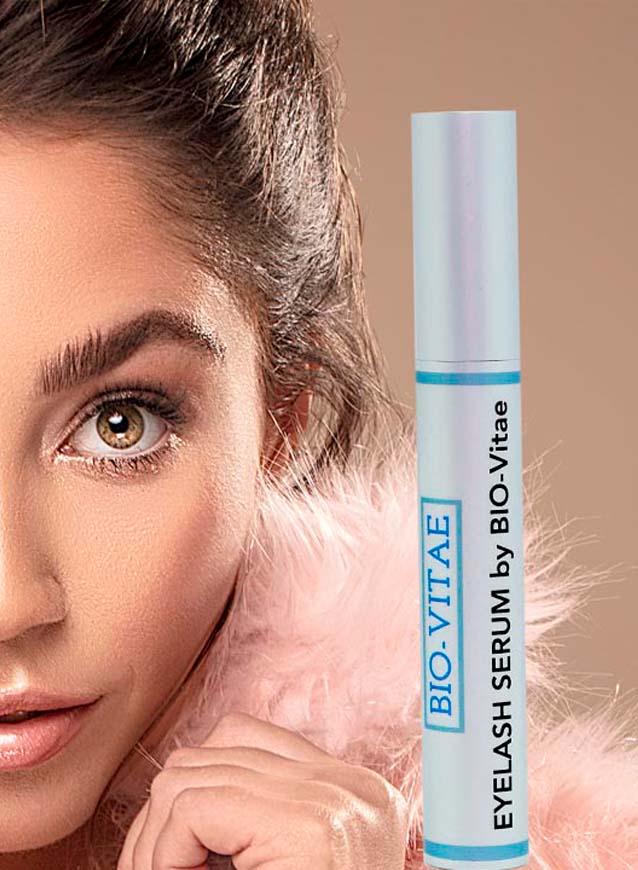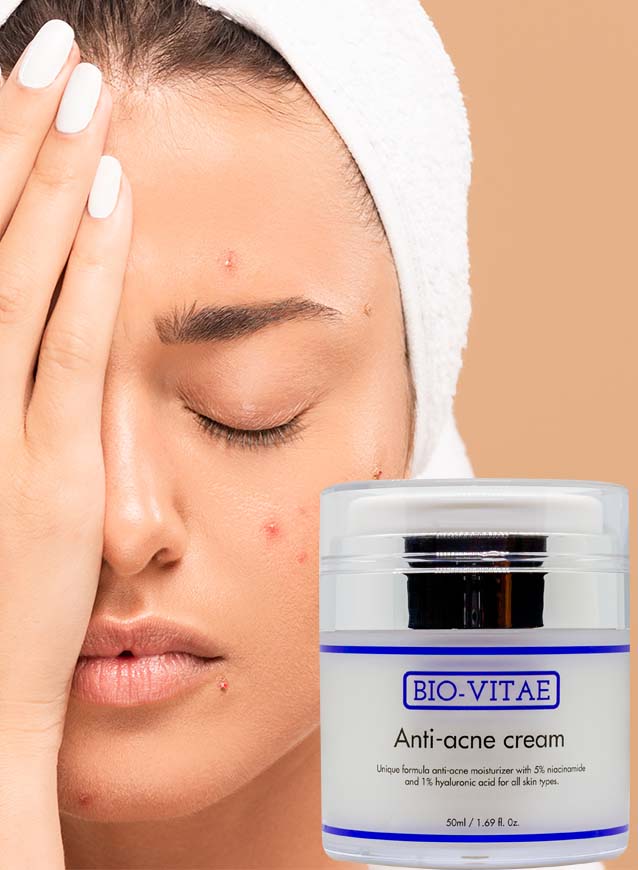Nicotinamide and its effect on skin care

Nicotinamide, also known as Niacinamide, is a form of vitamin B3, which is known for its effective effect on skin care. Nicotinamide has been shown to have a number of benefits for the skin, including treating acne, redness and inflammation, reducing hyperpigmentation, and even improving the skin's barrier function and reducing signs of aging.
Nicotinamide is a powerful antioxidant that protects skin cells from damage from free radicals and other environmental influences. This antioxidant property also makes it effective in reducing inflammation in the skin and thus reducing redness and irritation.
Nicotinamide is also an effective ingredient for treating acne. One study found that 82% of patients treated with a topical nicotinamide cream for twelve weeks experienced a reduction in the number of acne breakouts.
Another major benefit of nicotinamide is its ability to reduce hyperpigmentation, which can be caused by a variety of factors such as sun damage and hormonal imbalances. One study found that nicotinamide reduced dark spots by 25% over two months.
Nicotinamide also has a positive effect on the skin's barrier function, which means it helps keep the skin's moisture level in balance and protects the skin from moisture loss. This makes it an ideal ingredient for treating dry skin and eczema.
Finally, nicotinamide has also been shown to have an effective anti-aging effect. It helps reduce fine lines and wrinkles and gives the skin a more youthful appearance.
Nicotinamide can be found in a number of skin care products such as creams, serums and masks. It is a safe and effective ingredient for treating various skin problems and can be used by people with all skin types.
References:
- Bissett, D. L., et al. "Topical niacinamide reduces yellowing, wrinkling, red blotchiness, and hyperpigmented spots in aging facial skin." International journal of cosmetic science 26.5 (2004): 231-238.
- Shalita, A. R., et al. "Topical nicotinamide compared with clindamycin gel in the treatment of inflammatory acne vulgaris." International journal of dermatology 34.6 (1995): 434-437.
- Draelos, Z. D. "The effect of azeleic acid 20% cream and nicotinamide 4% gel on facial acne vulgaris." Cutis 73.1 (2004): 17-22.
- Farris, Patricia K. "Topical vitamin C: a useful agent for treating photoaging and other dermatologic conditions." Dermatologic surgery 31.s1 (2005): 814








